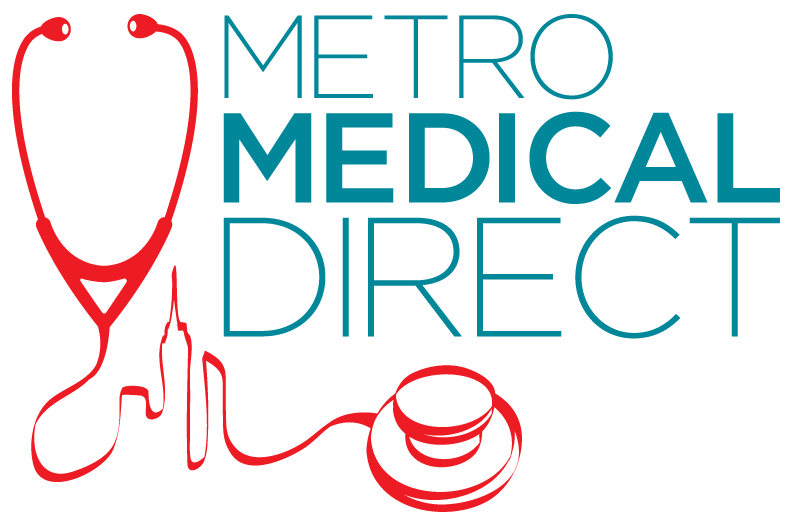
When your child struggles emotionally it takes a toll both physically and socially. Family psychiatry is complex, here’s what to know. With so many types of mental health professionals: school psychologists, counselors, and therapists. How do you choose one and what can you expect? In addition to the various types of mental health professionals already listed there are also some who can prescribe medications should the need arise. Some may prefer to see this type of mental health professional to not have to go through another evaluation process at a later time.
For all your family psychiatry needs
A psychiatric mental health nurse practitioner is trained to care for the patient across the lifespan. They are only one of three mental health professionals who can prescribe medications. Other mental health professionals that can prescribe medications are psychiatrists and physician assistants who work with a psychiatrist. In some states, psychologists can prescribe psychiatric medication, but only for the FDA-approved indication. It is important to work with someone who can offer a comprehensive assessment of the situation including the process of excluding unusual presentations of psychiatric disorders. Sometimes underlying medical conditions can manifest with psychiatric symptoms. They should be excluded before a psychiatric diagnosis is made.
Sometimes mental illness symptoms can arise in adulthood but often stem from childhood. Sometimes events of childhood are repressed or suppressed and are not triggered until a significant adulthood event. Many symptoms that constitute mental illness are attributable to learned behaviors from the family of origin.
Children and Adolescents
The developmental stage of the child can limit the expression of emotional distress and manifest as behavioral conduct issues and avoidance behaviors. The child may debate and invite power struggles with parents and teachers, and display hostile, angry, revengeful, exploitative, or predatory tendencies. The child or young adult may gain attention via immature tactics. For example, destroying property, starting fires, or abusing animals. Other behaviors that may go unnoticed or become downplayed include irresponsibility, helplessness, persistent tardiness, or self-neglect. Children and adolescents may also mock any efforts at behavior modification such as stickers and reward charts. The persistent display of these behaviors is often diagnosed as conditions such as attention deficit hyperactivity disorder (ADHD), oppositional defiant disorder (ODD), childhood bipolar disorder, and conduct disorders. Unfortunately, it is difficult to shed applied labels.
Children and adolescents who exhibit emotional and/or behavioral problems can experience further distress as they fail to meet the major developmental milestones leading to persistent anxiety in young adults. There are many variables at play in the psychosocial development of an individual including family life, school, social relationships, spirituality, cognitive abilities, and moral framework that families must address to help their child succeed. Often well-intentioned parents and caregivers encounter significant challenges.
What I do
As a family psychiatric nurse practitioner, I can help explain the complex interplay between the domains of a child’s life. I start by taking a holistic and developmentally informed approach when assessing a child’s presenting issues. It is often easier to treat symptoms early before they become habituated leading to years of difficulty and accumulated dysfunction.
A family psychiatric house call service allows for expert diagnosis and treatment of a wide range of disorders affecting children and adolescents. Some common conditions include the evaluation and treatment of attention deficit hyperactivity disorder (ADHD), disruptive behaviors, school-related issues, depression, anxiety, obsessive-compulsive disorder (OCD), tic disorders, and difficulties with life transitions (i.e. death, divorce, new birth, moving, graduation).
I will work with your existing health care providers (pediatrician, psychologist, therapist, and neurologist) to incorporate their various assessments to provide you with the best possible care. I will also help as you advocate on behalf of your child to the school for appropriate support services. Treatment will include both family and individual talk therapy sessions with you and your child.
In the short term, it will be important to quantify the most disruptive symptom so that a mitigation strategy can be devised. It is not uncommon to find that when one symptom resolves another may arise, or the child may regress to an earlier stage of development. The most effective approach is a consistent family systems perspective that includes behavior modification that includes love and sets limits.
Teens and Young Adults
Family psychiatry also includes teens and young adults. As people progress through various major life stages, symptoms of anxiety may become especially prominent. A psychologically vulnerable individual may regress and deliberately sabotage their progress. The aim of therapy for teens and young adults is to help them learn from failures and to develop resilience so that they can mature into productive members of society.
As such they will learn to navigate stressful transitions as they progress from high school through entry into the professional workforce. The primary treatment utilizes skills from cognitive behavioral therapy in which the child or adolescent learns that their thoughts and feelings are not facts and that their behaviors can often trigger a change in their thoughts and feelings. This transition may be strange to some families as they struggle to let go of the traditional role of primary caretaker, and dependent. When this role extends beyond the appropriate age and stage it becomes enabling behavior and counter-productive to the desired goal. The patient and family will explore what they fear most and strategies to mitigate their anxiety.
It is not uncommon for children and families to turn to drugs and alcohol to manage distressing feelings and anxiety. Given this time of rapid brain growth and development, addictions can often develop. The danger is that the child learns rather than facing a fear or challenge it is easier to medicate and reduce the intensity. Unfortunately, many patients end up trading drugs and alcohol for psychopharmacology. They leave one co-dependent relationship for another with their therapist or psychiatrist. While psychopharmacology is helpful but it should also be time-limited. It should also be paired with specific behavior modification strategies that are consistently practiced. Intervention is best before an established addiction.
Men’s Health
Family psychiatry can also handle men’s health. A man’s emotional and physical needs are constantly changing as he transitions through various phases of life. Providers must be attuned to these unique situations and an efficient and comprehensive approach is provided given the tremendous inconvenience associated with traditional medical and psychiatric care. Men would rather have a one-stop shop with a trusted and well-qualified confidant who can handle all of their issues discretely and efficiently. Just as a man would use the services of a personal trainer for physical health maintenance. A mental health professional may be an option to optimize mental well-being. There are not many psychiatric mental health professionals that have special expertise in dealing with men’s issues.
For Families
Families are complex and dynamic systems that should provide support and nurturance to their members. However, that is not always the case. A family may experience stress and conflict, which can affect every member of the family as well as overall family cohesion. Emotional, psychiatric, and behavioral issues affect all members of a household. Optimal treatment requires fully understanding and supporting the family system. I encourage the use of the strengths and resources of a family as they are central to the treatment of children, adolescents, and adults. Family-based interventions are important for the successful treatment and prevention of relapse. This includes many conditions: OCD, addiction, anxiety, eating disorders, psychotic disorders, depression, bipolar disorder, and childhood disruptive behaviors.
For New Parents
Becoming a parent is always a life-changing event. For some individuals and couples, it can be a source of new stress. There is no need to suffer through postpartum depression or relationship issues on your own. This transitional time in life can be helped by new parent coaching and sleep training to ease anxiety, alleviate depression, and help new parents work through new or existing issues. Family psychiatry is perfect for new parents.
My goal is to work closely with your child and your family to enhance the emotional well-being and behavioral success of all your family members. Using advanced, evidence-based, and traditional psychotherapies; psychopharmacologic interventions; and psychological/psycho-educational interventions.
Children and adolescents can:
- Enhance emotional health and well-being
- Improve behaviors and self-control
- Increase focus and organizational skills
- Develop social skills
- Cope with stress
- Heal from traumatic stress
At the same time, parents can:
- Understand their child’s emotional and behavioral health needs
- Improve their relationship and communication skills
- Enhance and support your ability to care for your child
To learn more about Metro Medical Direct’s child, adolescent, and family psychiatry services, call Dr. Zakhari at (917) 484-2709 to make an appointment. You can also request an appointment online.
Also, check out Dr. Ray’s Podcast The Psychology of it All here. Also available on Apple Podcasts.

0 Comments